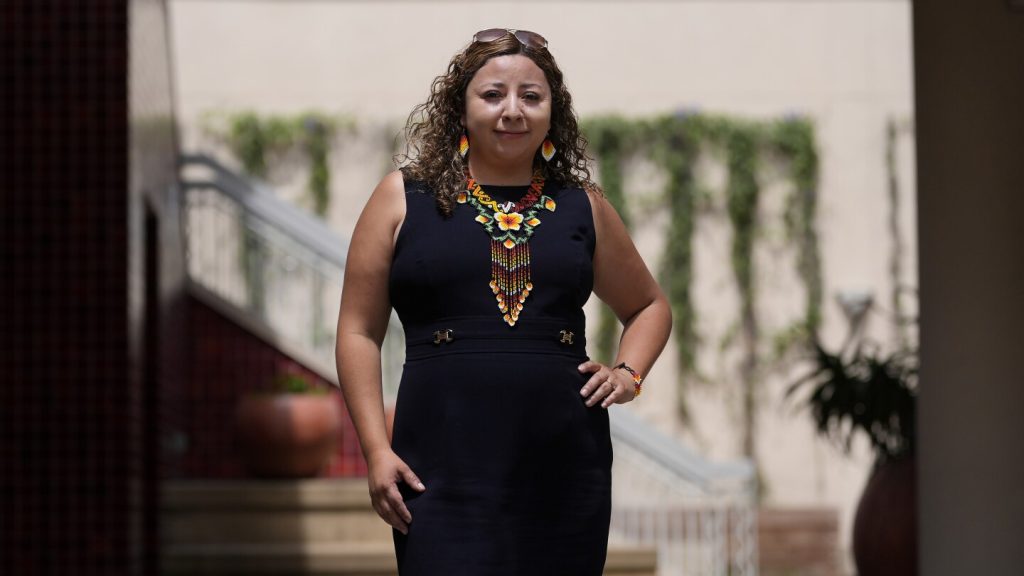A new federal effort to support Hispanic-serving institutions (HSIs) is generating optimism among higher education advocates in Latino communities. President Joe Biden recently signed an executive order establishing an initiative to increase funding to HSIs and create a board of advisors on HSIs. With Hispanic people making up nearly three-quarters of the nation’s population growth, the initiative aims to help Hispanic students catch up to their peers from other backgrounds by providing more resources to these institutions.
The Hispanic Association of Colleges and Universities, a nonprofit advocacy group, sees this new development as crucial for the country due to the fast-growing Latino demographic. HSIs play a vital role in providing educational and economic opportunities to Hispanic students, with over 500 HSIs in the U.S. and Puerto Rico serving more than 4.7 million students annually. Many of these students are low-income and rely on federal scholarships like Pell grants.
Unlike historically Black or Native American tribal colleges and universities, any college can receive the HSI label and related federal funding once its Latino enrollment reaches at least 25%. Prominent HSIs like the University of California at Riverside and the University of Texas at Austin have benefitted from this designation. However, a U.S. Government Accountability Office report highlighted the infrastructure needs of HSIs, which struggle to meet those needs due to insufficient funding and rising construction costs.
Students like Lizette Galaviz, a political science major at the University of Texas Rio Grande Valley, appreciate the financial aid provided by her school but emphasize the need for improved resources and infrastructure. Education equity is crucial, especially in impoverished areas like the Rio Grande Valley. HSIs are instrumental in widening the pipeline of Latinos going into STEM fields, according to White House officials.
While the executive order is seen as a positive step towards better-serving students at HSIs, challenges remain in providing adequate support for Hispanic students. Resources can be lacking for those who are not native English speakers, leading to a lack of awareness about available opportunities. It is essential for the advisory board established by the executive order to include Hispanic leaders from various sectors and ensure that rural universities and the Puerto Rican community are not overlooked during the selection process.
The initiative holds the potential to broaden opportunities for HSI students and faculty, creating career pathways and advancing economic and societal well-being. Melissa Camacho, a business administration student at the City College of San Francisco, highlighted the importance of providing support for Hispanic students who face language and information barriers. More efforts are needed to inform Hispanic students about scholarships and resources available to continue their education, ultimately contributing to their success in higher education and beyond.


